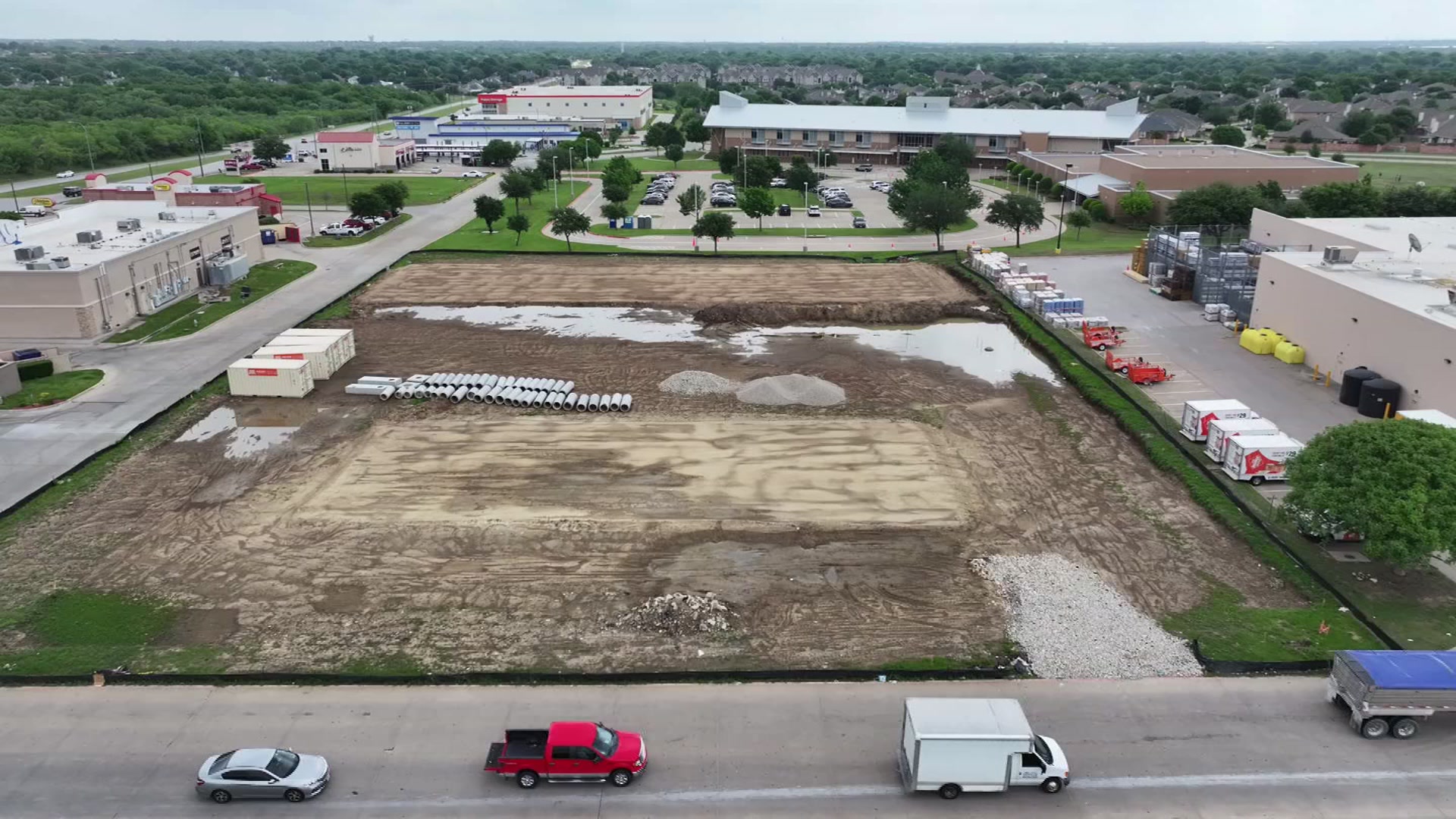Nonprofit housing groups asking Dallas to help them reverse decline in certain neighborhoods say the downward trend is a roadblock to redevelopment that threatens to drag down the rest of the city.
While most of North Texas boomed, Dallas saw only 0.8 percent population growth in the 2010 Census.
Dallas now has 20,739 vacant lots and 4,380 dilapidated homes, according to a North Texas Community Development Association briefing Monday for the Dallas City Council Housing Committee.
Councilman Scott Griggs said he thinks it is the city's single most important challenge.
"The average growth for the state of Texas in the last decade was 20 percent," he said.
Neighborhoods immediately west and south of downtown saw sharp population declines in the 2010 Census. Those neighborhoods are also among those with the most vacant lots and dilapidated buildings
The briefing said the declining neighborhoods require additional city spending for code enforcement and crime-fighting.
Local
The latest news from around North Texas.
Griggs said allowing the decline to continue would leave fewer taxpayers to cover the cost.
"This is going to be unacceptable," he said. "It's not going to put us in a position to compete in the coming decades."
The nonprofits presented a list of ideas for the city to help them make the declining neighborhoods more attractive to buyers.
Proposals include additional city spending for programs such as mortgage assistance, but also reduction in fees charged by the city to build in Dallas.
"We need the coordination of efforts to really take on blight and realize that it’s going to take more to revitalize the community than just providing money to put the buildings up," said Kristen Schulz, Dallas Area Habitat for Humanity director of public policy and government funding.
After the economic downturn, Schulz said many suburban lots are cheaper to build on than the vacant properties close to Downtown Dallas where workers need affordable housing.
For instance, building a Habitat Home is cheaper in Wilmer, she said.
"And we sell it for more in Wilmer, and we sell it easily in Wilmer," Schulz said. "We have to put a lower price on them in Fair Park and we still can't sell them."
Councilwoman Carolyn Davis, who represents the Fair Park area, said public perceptions about high crime scare away buyers.
"They have to feel comfortable at the end of the day [that] they're going to have good schools, less crime and more jobs," she said.
The Housing Committee wants the nonprofits to work with city staff on an action plan to be ready by next month.
"We need to really redouble and retriple our efforts," Griggs said.



